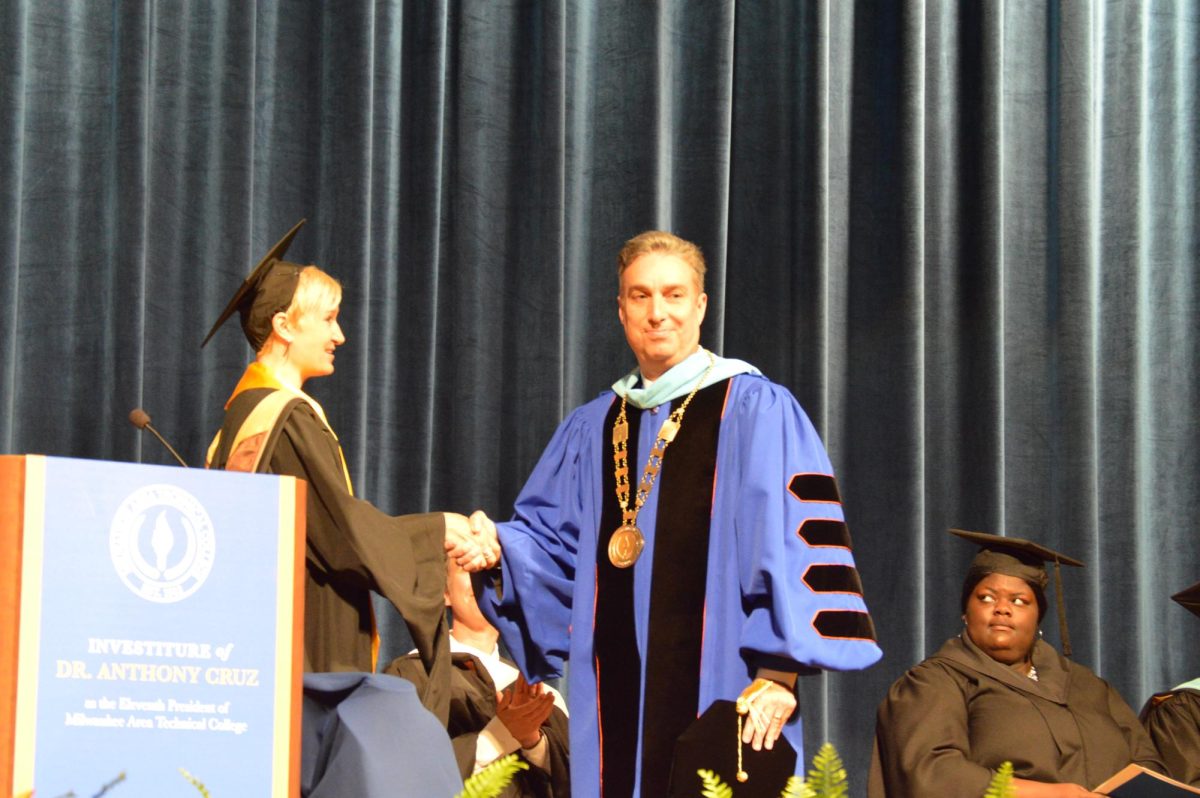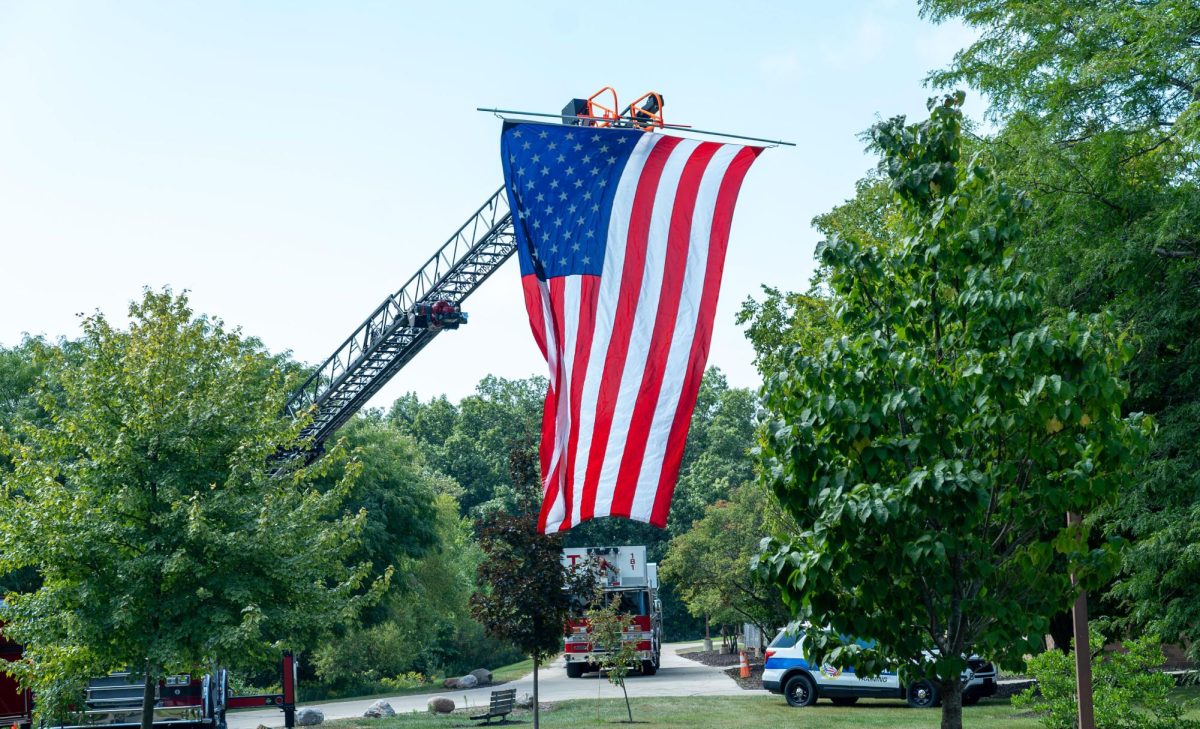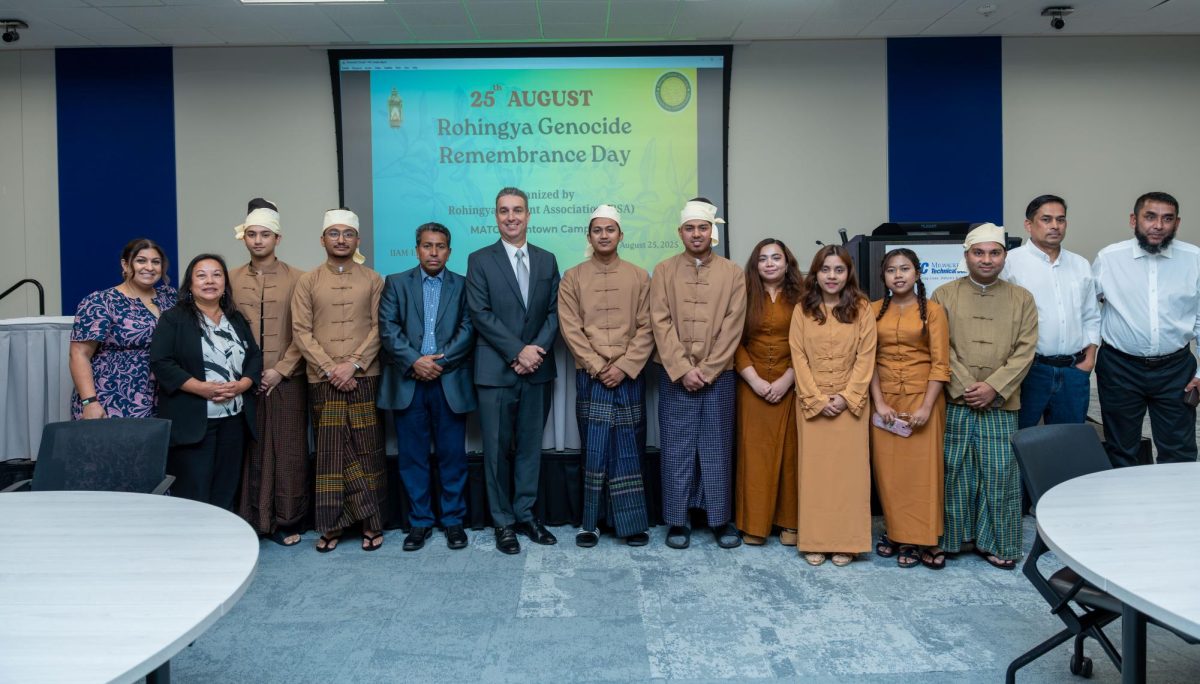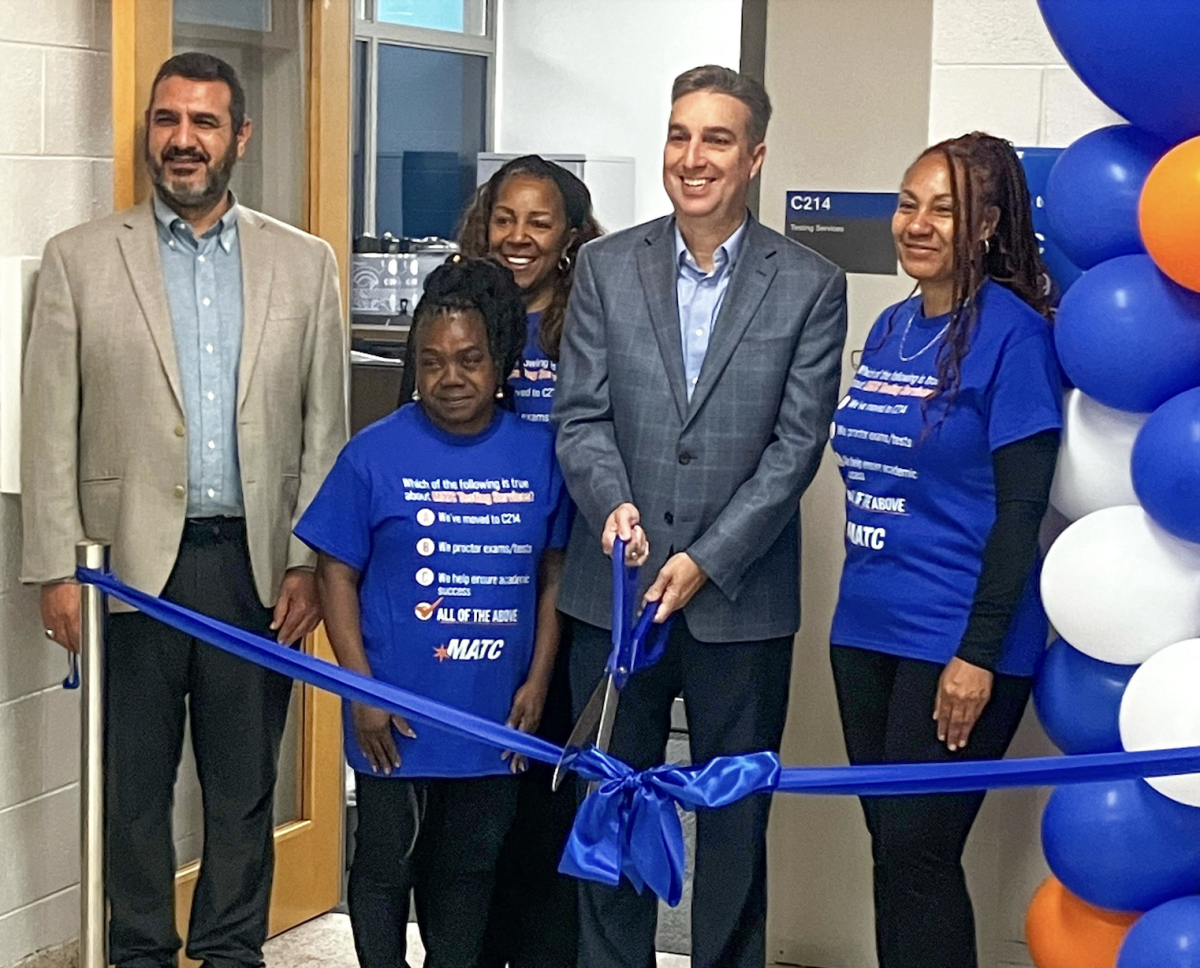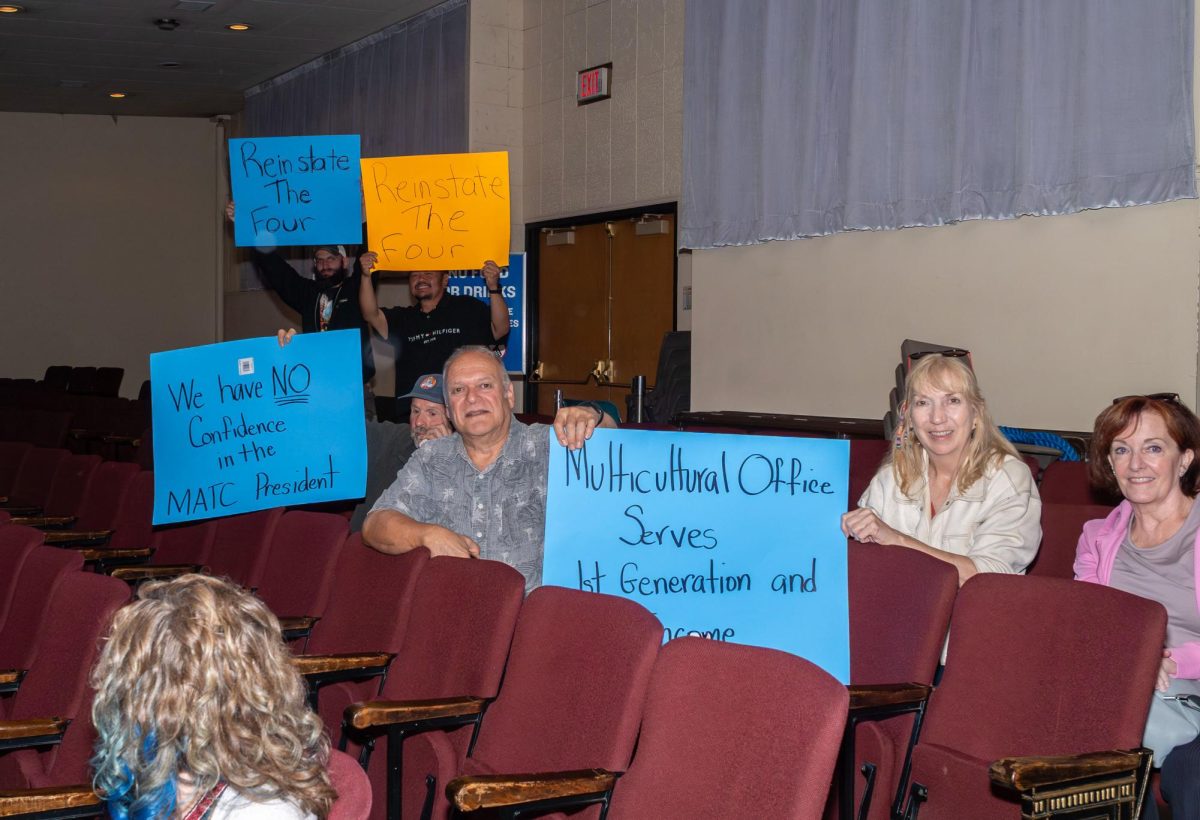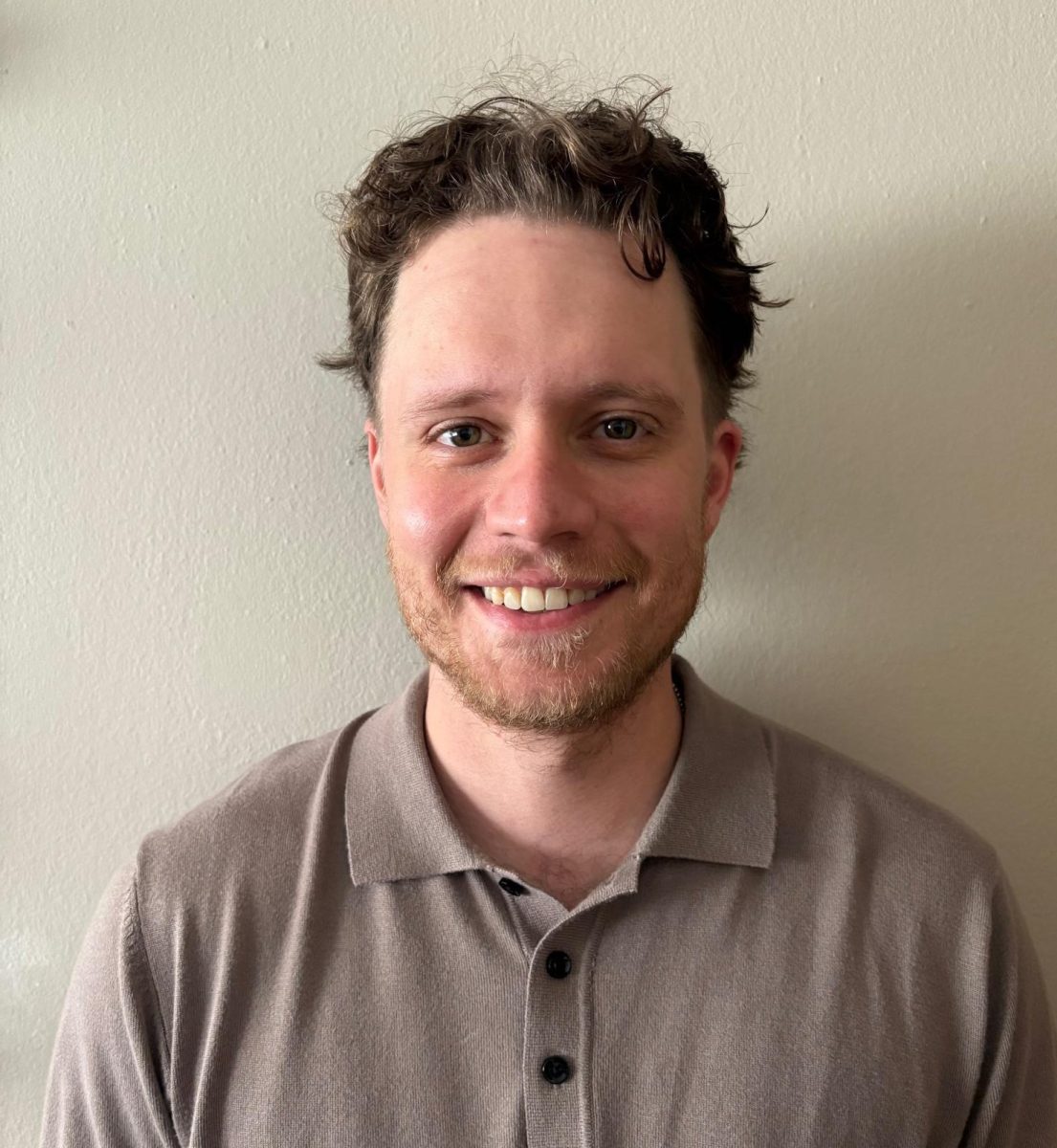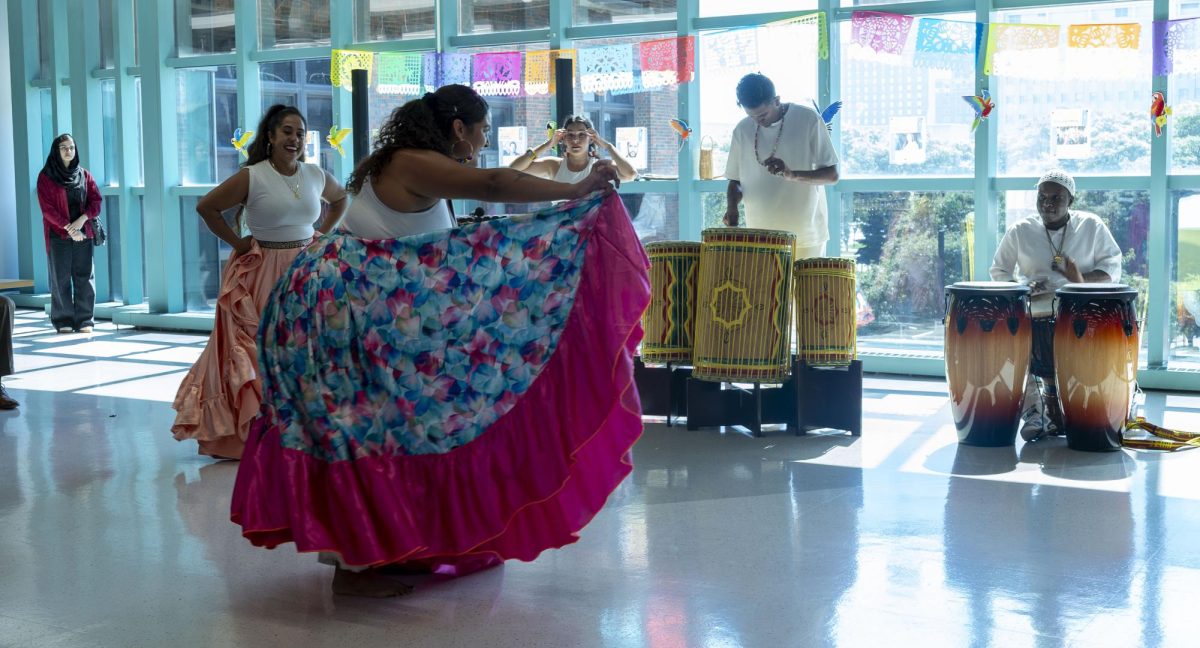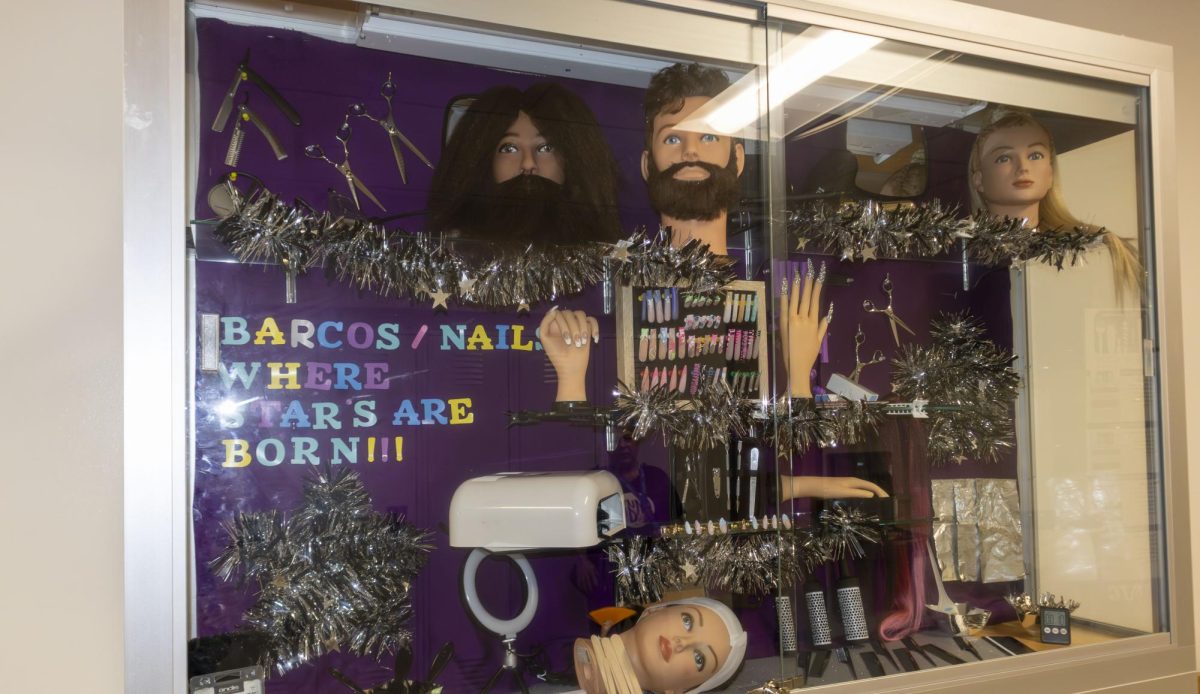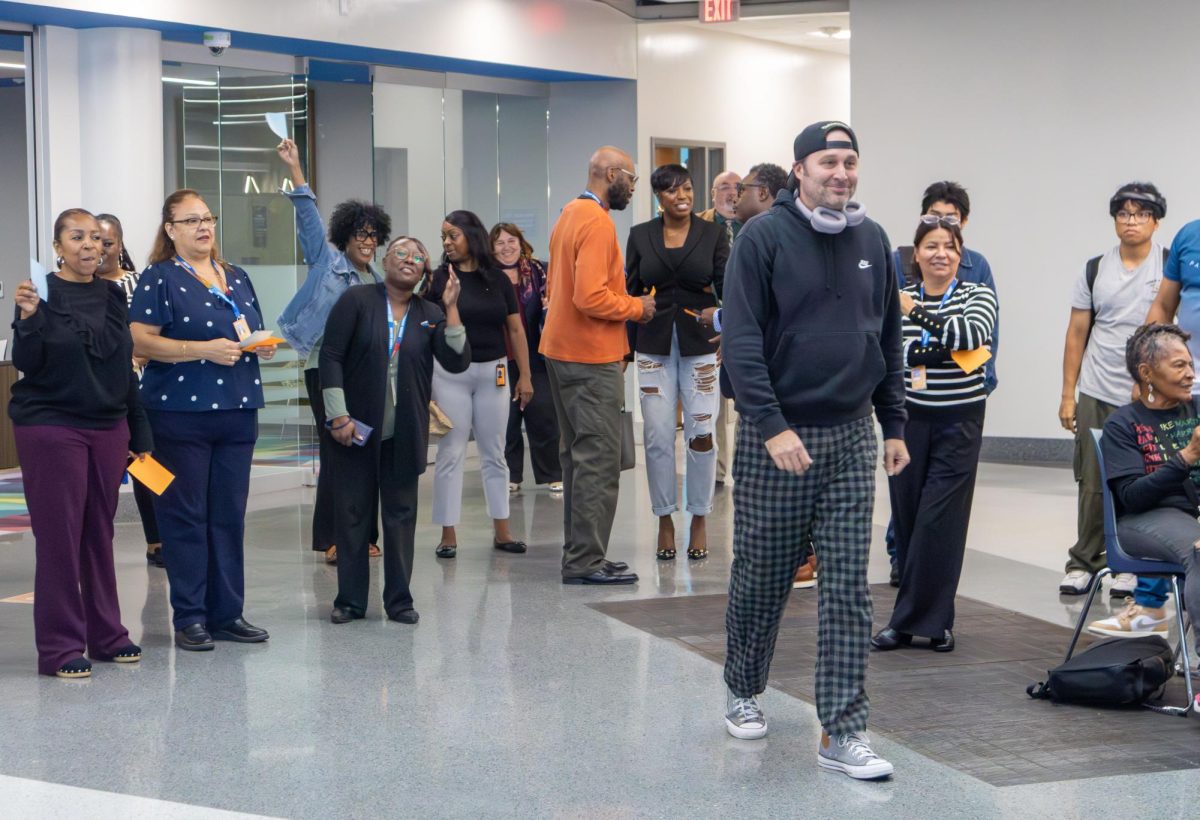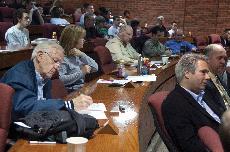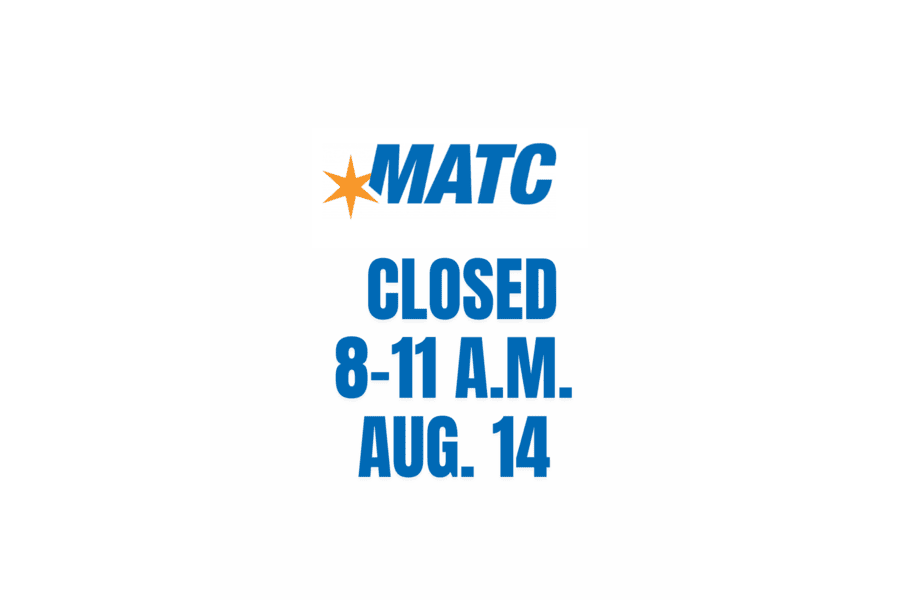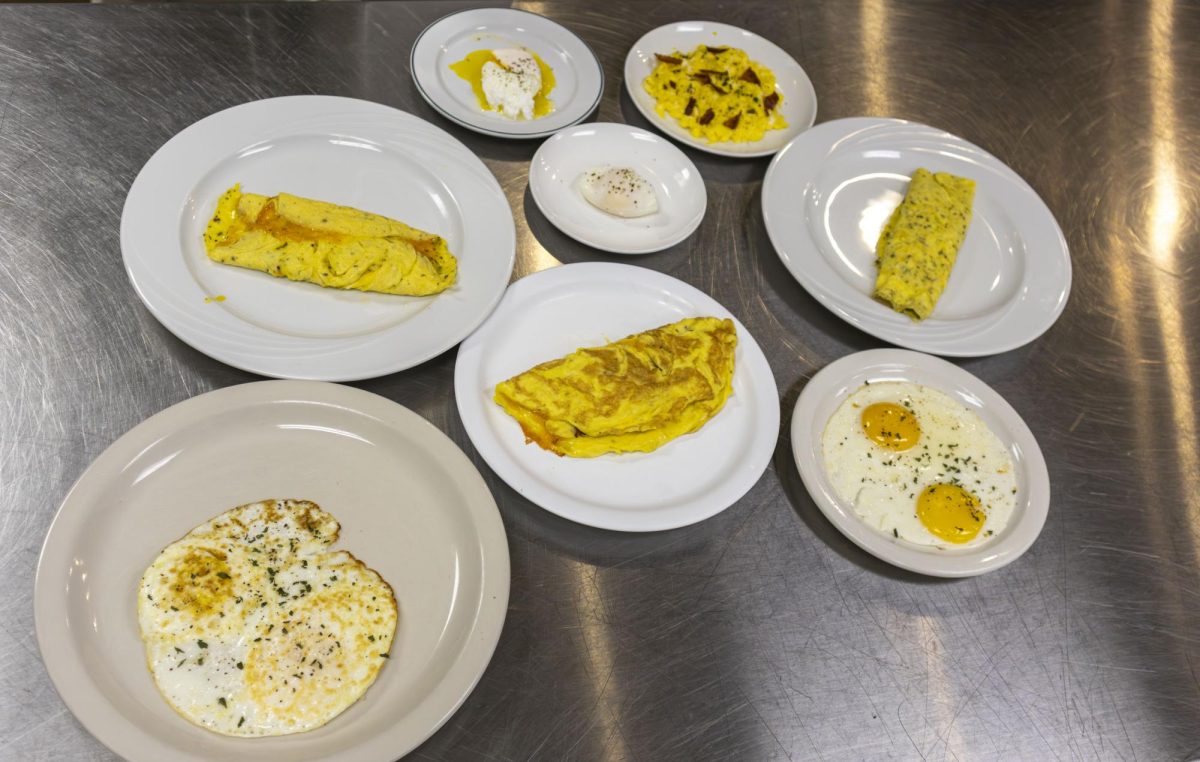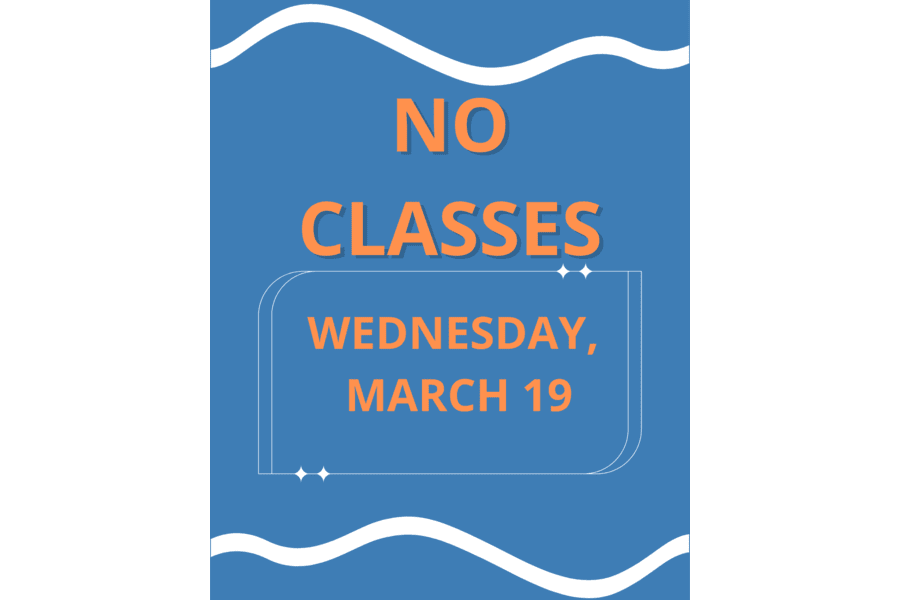Interim President Vicki Martin and MATC welcomed an extremely interested audience as MATC hosted the sixth annual Green Vehicles Workshop: “Driving toward 2020” at the Downtown Milwaukee Campus on Friday, April 24, in Room S120. Students from other colleges and universities, as well as the general public were the source of detailed questions for the panelists at the event. Coal, oil, alternative fuels, green fleet vehicles and incentives involving the use of green vehicles were major topics. Some attending the event were surprised to hear that Canadian tar sands oil provides most of the oil for the U.S. with Saudi Arabia and Mexico trailing behind. “Mexico has stopped all oil expansion for now,” according to Erin Roth, Executive Director of the Wisconsin Petroleum Council.
Other speakers included Peter Taglia, Staff Scientist, Clean Wisconsin; Steve Hiniker, Executive Director, 1000 Friends of Wisconsin; Kerry Thomas, Executive Director, Transit NOW; Marina Dimitrijevic, Milwaukee County Supervisor, District 4; Chris Larson, Milwaukee County Supervisor District 14; Stevan Keith, Sustainability Engineer, Milwaukee County; and Ann Beier, Director, Office of Sustainability, City of Milwaukee. Peter Taglia of Clean Wisconsin said, “Wisconsin has no fossil fuels in the state. we are dependant on other sources for fuels.”
Discussion also centered on the major uses of water to process imported oil from tar sands in Canada. County Supervisor Dimitrijevic pointed out how Milwaukee County is trying to get more efficient buses in service, and provide for financial sustainability through leasing rather than having city-owned vehicles. Beier brought attention to Chicago’s Mayor Daley and his agenda involving the possibility of the 2016 Olympics being held in Chicago, which should propel transit connections between Wisconsin and Illinois.
After a mid-morning break of viewing well over a dozen green vehicles just outside the S Building, further discussion continued with a session titled “Alternative Fuels and Advanced Technologies: Expanding the Portfolio.” Speakers included Maria Redmond, Biofuels Sector Specialist, Wisconsin Office of Energy Independence, talking about ethanol; Tim Glynn, Fuel Specialist, E.H. Wolf & Sons, discussing biodiesel; Bob Reagan, Senior Marketing Specialist, WE Energies, speaking about Compressed Natural Gas; and Jeff Bach, President, Fire’em Up, on Propane use.
“Alternative Fuel Vehicles and Hybrids” was the after-lunch program with representatives from Ford, Toyota, General Motors, Honda and Columbia ParCar.
The 2 p.m. panel discussion included Bradlee Fons, Milwaukee Hybrid Group; Swee Sim, Milwaukee Biodiesel Co-Op; Ben Nelson, Alt Cars Wisconsin; Chris Beebe, Entrepreneur; and Ted Bohn, Alternative Drive Train Engineer.
The panelists answered many questions from the audience including future use of older vehicles, vehicle pollution regulations, and several other topics. The audience had additional questions, but time constraints prevented further discussion as pointed out by emcee Francis X. Vogel, Executive Director, Wisconsin Clean Cities, Southeast Area.
The entire event was free for students and $15 for everyone else. The fee included a lunch. Many took their lunch outside while viewing all the vehicles on display.
Sponsors were MATC, WE Energies, Wisconsin Clean Cities, Southeast Area, Inc., and the Milwaukee Hybrid Group.

